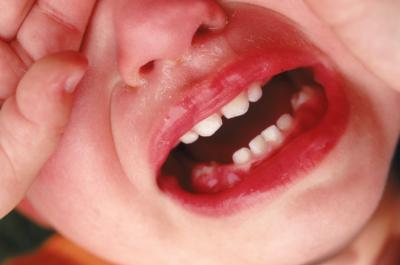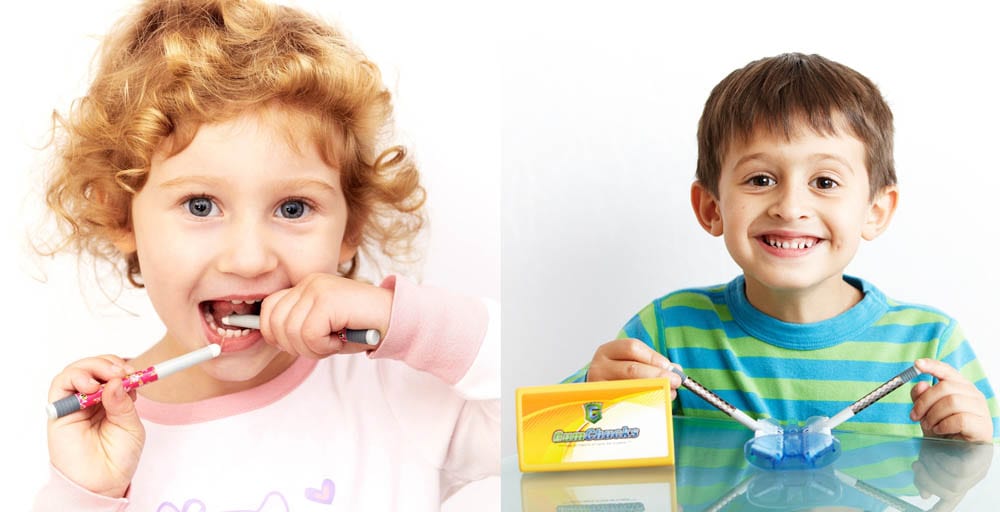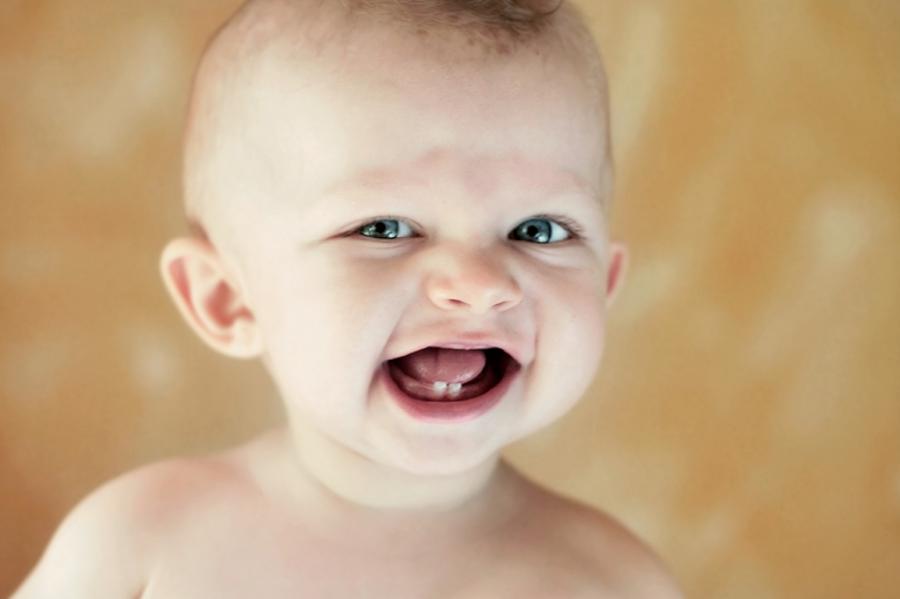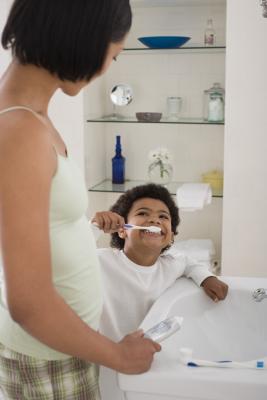Search Results for: teeth cavities
Problems From Losing Baby Teeth
Baby teeth don’t remain in your child’s mouth forever. These temporary placeholders, which first begin to erupt around the first half-year of your child’s life and start falling out around the age of 6 years, require diligent care. Problems result when your child loses baby teeth too early — and some of these complications can be serious.
Pregnancy and Sinus Pain
According to Lisa Rodriguez, R.N., contributing writer for the Dr. Spock website, sinus pain and infection are common pregnancy ailments. The hormones responsible for vaginal swelling also cause the lining of nasal passages and sinus cavities to swell, a condition called sinusitis. Increased swelling prevents nasal passages from draining properly, and this back-up of fluid can lead to an overgrowth of bacteria. The result is a painful sinus infection.
Make Flossing Fun for Your Kids
As parents, we all want whats best for our kids. When it comes to oral health, it is often hard to know how to get your kids to engage and make it a life-long healthy habit. What we do know is that oral health is directly connected to overall health.
Early Childhood Caries (ECC)
Baby Bottle Tooth Decay, Baby Bottle Syndrome, Nursing Bottle Mouth, Early Childhood Caries (ECC); these are all terms for tooth decay in a child 6 years old or younger with: 1 or more decayed teeth Missing teeth (resulting from tooth decay) Filled surfaces in any primary (baby) tooth Tooth decay in baby teeth leads to tooth decay in adult teeth. It Can Happen to Your Child
Tooth Brushing for Children
What do LED lights and hidden web cams have to do with getting your child to brush his teeth? In most cases, nothing. But, scientists at the National Taiwan University created an interactive video game that shows kids which areas they successfully managed to rid of plaque and debris — and which areas still need cleaning. Kids appear to do a better brushing job using this special toothbrush, but you can get your child to brush even without all the bells and whistles.





